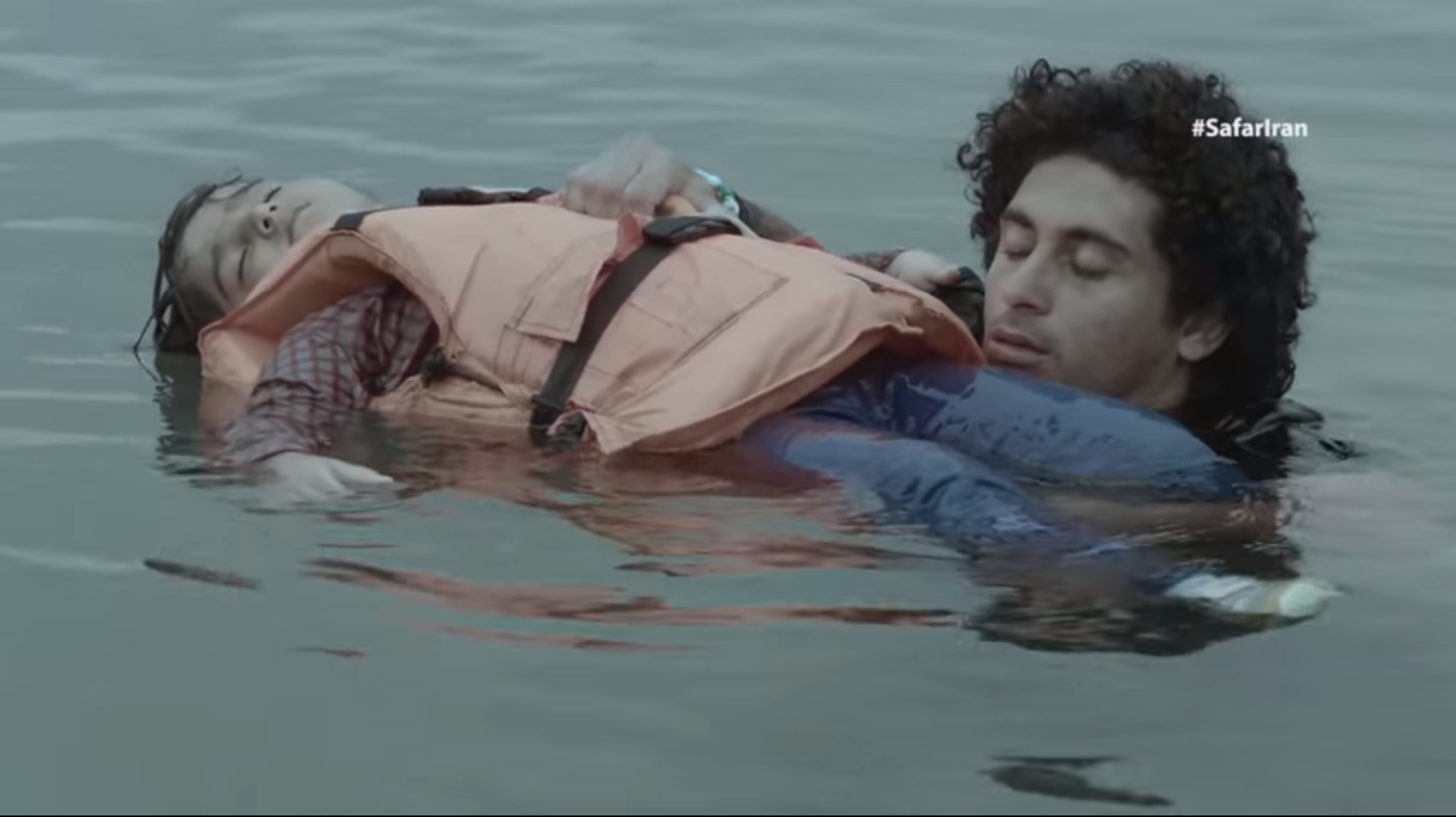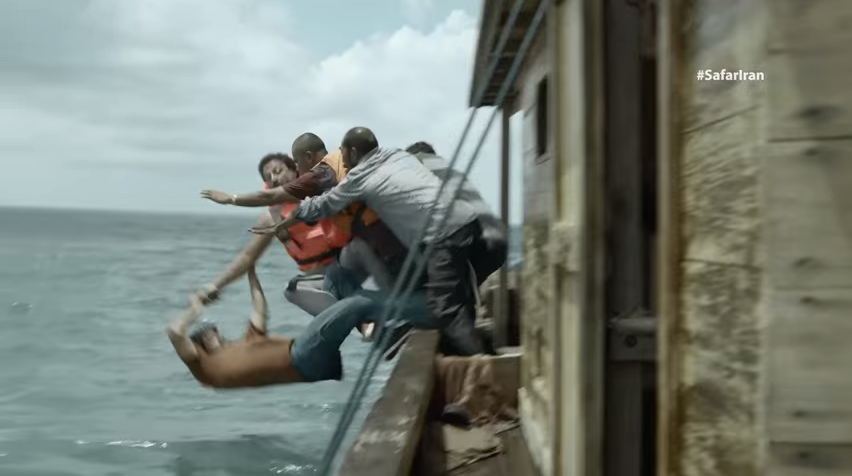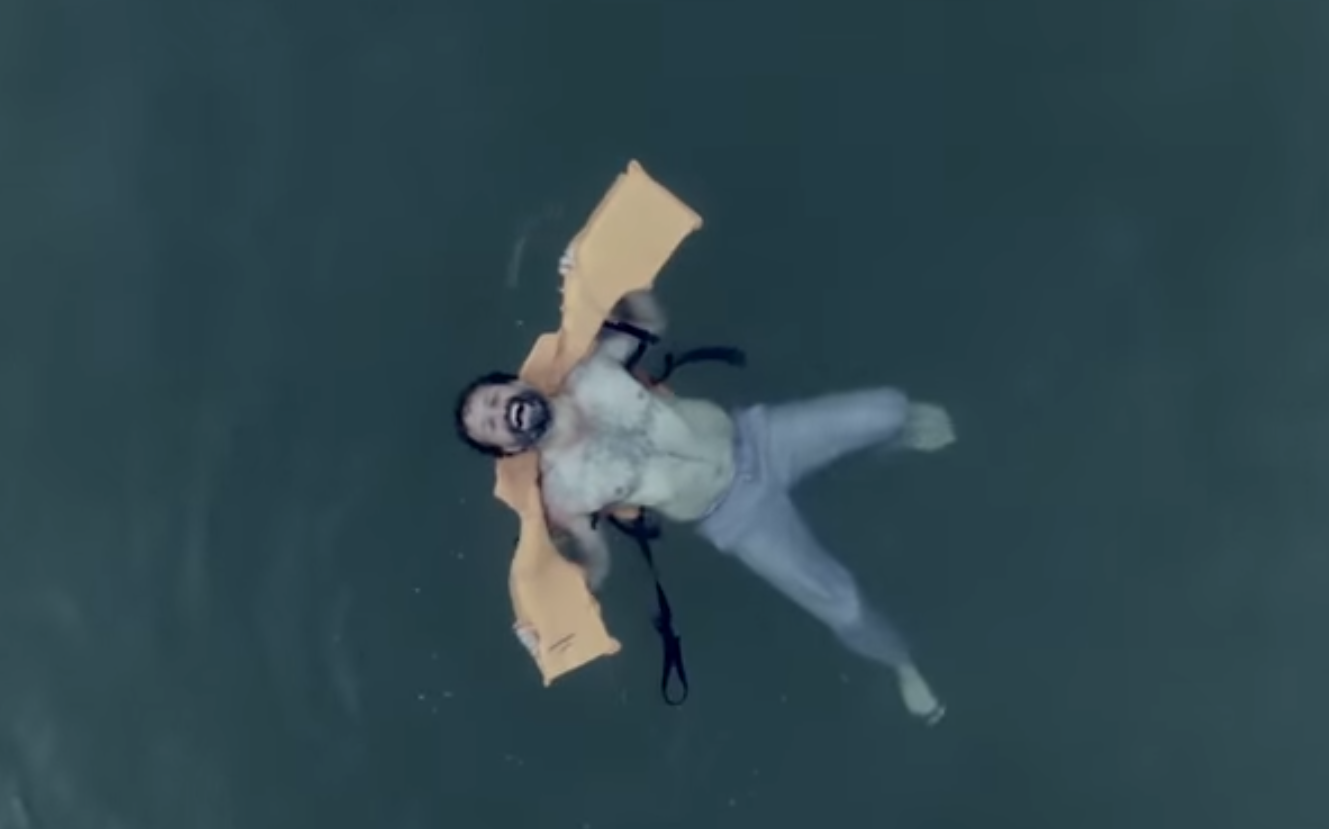Australian government spends $6m of taxpayers' money on anti-refugee film
In the closing scenes, a man drowning in deep water clutches his dead child as a boat pulls away
Your support helps us to tell the story
From reproductive rights to climate change to Big Tech, The Independent is on the ground when the story is developing. Whether it's investigating the financials of Elon Musk's pro-Trump PAC or producing our latest documentary, 'The A Word', which shines a light on the American women fighting for reproductive rights, we know how important it is to parse out the facts from the messaging.
At such a critical moment in US history, we need reporters on the ground. Your donation allows us to keep sending journalists to speak to both sides of the story.
The Independent is trusted by Americans across the entire political spectrum. And unlike many other quality news outlets, we choose not to lock Americans out of our reporting and analysis with paywalls. We believe quality journalism should be available to everyone, paid for by those who can afford it.
Your support makes all the difference.The Australian government has spent $6 million of taxpayers' money on a straight-to-TV movie intended to discourage refugees from claiming asylum in Australia.
Journey depicts a group of people from Afghanistan who pay people-smugglers to help them across the Indian Ocean. However, following a series of misadventures the boat is caught in a storm.
In the closing scenes, a man can be seen struggling in deep water with the corpse of his dead, toddler-aged daughter as a boat abandons them in the distance.

Other relatives have already drowned on-camera in preceding scenes, with one man committing suicide by removing his life jacket. The struggling man is seen surrounded by the bodies of drowned and drowning people, and the action cuts to grieving relatives in Afghanistan.
The movie has been recorded in Dari, Pashto, Urdu, Arabic and Farsi, but will not be released in English, giving some idea as to the film's target audience.
A Sydney-based film company called Put It Out There Pictures was paid $4.34 million of Australian taxpayers' money to make the film. The company's director, Trudi-Ann Tierney, has previously been involved in the production of pro-war soap operas for Afghan television.

The film was shot on location in three countries. Lapis Communications were then paid $1.63 million to market the picture, suggesting a total budget just shy of $6m. It has already been screened in Pakistan, Iran and Iraq, and will soon be shown in Afghanistan.
In a statement, Put It Out There says: "The film aims to educate and inform audiences in source countries about the futility of investing in people smugglers, the perils of the trip, and the hardline policies that await them if they do reach Australian waters.
"Independent research in these countries has revealed misunderstandings and false rumours about Australia's policy, and a perception that Australia remains a preferred destination country for those seeking to travel illegally by boat. Initial feedback from viewers has been positive."

The production company has made the full, feature-length movie available on YouTube.
Over the last 7 years, between 96% and 100% of Afghan refugees arriving via boat on Australian shores have been found to be bona-fide asylum seekers under national and international law.
Join our commenting forum
Join thought-provoking conversations, follow other Independent readers and see their replies
Comments